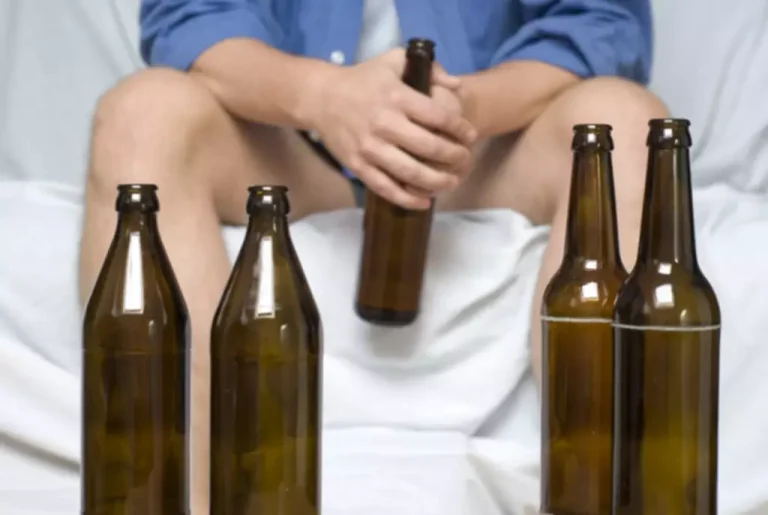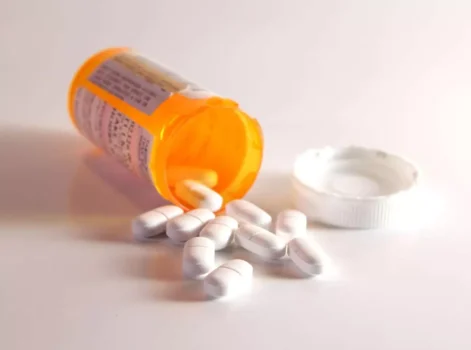- June 14, 2022
- admin
- Sober living
Binge drinking, or drinking numerous drinks in just a few hours, can cause an acute kidney injury. Therefore, we need more evidence to determine whether abstinence can relieve and heal the kidney damage caused by long-term alcohol consumption and the effects of alcohol abstinence on how alcohol affects the kidneys the prognosis of patients with CKD. Ethyl alcohol and water are the main ingredients of alcohol beverages, but we cannot ignore other bioactivators in liquors, such as polyphenols. As early as thousands of years ago, humans had mastered the primitive aspects of brewing technology.
- For example, the prognosis of light-to-moderate drinkers differs from that of heavy drinkers.
- Investigators have not yet fully explained the mechanisms underlying this wide range of abnormalities, though, and have devoted little attention to alcohol’s effects on kidney hemodynamics in people who do not have liver disease.
- The damage can usually be reversed if you stop drinking and allow your kidneys to recover, but it can sometimes cause irreversible damage to the kidneys.
- Lifestyle factors were smoking, body mass index, red meat intake, vegetable intake, physical activity, and self-reported health.
- First, many studies are based on patients’ routine health checkups, as annual health examinations do not allow researchers to evaluate any fluctuation in serum creatinine and other biomarkers.
- Alcohol disrupts sleep quality throughout the night, leading to less restful and restorative sleep.
What Long-Term Effects Does Alcohol Have on the Kidneys?
Alcohol increases the acidity of urine and can irritate the lining of the bladder. A person who drinks alcohol can become dehydrated, increasing the risk of a UTI. Alcohol may indirectly increase the risk of developing a urinary tract infection (UTI). The kidneys https://ecosoberhouse.com/article/dealing-with-ptsd-alcohol-blackouts-and-memory-loss/ help filter the blood, including by filtering out harmful substances such as alcohol. Although there have been many clinical studies on alcohol consumption and CKD, most have some limitations that could cause misinterpretation of the results and conclusions.
Can I still have an occasional drink if I have kidney cancer?
- Chronic alcohol consumption may cause both fluid and solutes to accumulate, thereby increasing the overall volume of body fluids.
- A heavy drinker is defined as a woman who drinks more than seven times a week or a man who drinks more than 14 times a week.
- Another theory suggests that both enzymes may undergo the process of uncoupling due to oxidation or lack of critical coenzymes (e.g., tetrahydrobiopterin).
- Participant information, including education, income, marriage status, and lifestyle behaviors, were obtained during in-person interviews.
As the kidneys become overworked from heavy alcohol consumption, they will be less able to filter blood and maintain the correct water balance in the body. The Joslin Diabetes Center notes that kidney problems, whether as the result of failure or disease, are serious threats to health and wellbeing. The kidneys have such a vital role in cleaning the body and ensuring that the many other systems within the body function properly, that any impairment to their tasks can be the start of many severe problems, some lifelong and some fatal. The reality of alcoholism being a significant and serious contributor to the risk of kidney disease means that people who struggle with alcohol use disorders must make kidney care part of their long-term treatment. Preventing the risk of kidney disease entails taking care of your heart and weight.
Drinking patterns and associated effects
If you’re currently taking medications for kidney cancer or are having surgery to remove a kidney (nephrectomy), talk with your doctor about how much alcohol is safe to have during treatment. If you or a loved one are concerned about your alcohol consumption, you may be suffering fromalcohol use disorder. At Caron, we offer individualized, comprehensive treatment programs that are designed to help those struggling with alcohol and drug addiction. You may wish to swap out hard liquor for beer or wine, since these have a lower alcohol content. Keep track of your drinks using an app or a diary so you can monitor your progress.
It is the people who struggle to adapt to a chronic condition who often end up distressed. Alcohol can worsen the side effects of chemotherapy and other cancer treatments, such as nausea, dehydration, diarrhea, and mouth sores. According to the National Cancer Institute (NCI), there is a widesperad agreement among scientists that alcohol can cause several types of cancer, like head and neck cancer, liver cancer, colon cancer, and breast cancer. You can have a sports drink that has electrolytes and a carbohydrate solution. Severe or recurring kidney infections may require hospitalization or surgery.

How Drinking Alcohol Affects Your Kidneys

The slope of the estimated glomerular filtration rate (eGFR) over 12 years according to baseline alcohol consumption categories among 5729 participants. Indeed, liver transplantation is one of two options available today for treating hepatorenal syndrome. Gonwa and Wilkinson (1996) reported a 4-year survival rate of 60 percent in hepatorenal syndrome patients who received a liver transplant, which constitutes a major step forward, considering the previous uniformly fatal course of the disease. As the plasma filtrate passes along this channel, the substances the body needs to conserve are reabsorbed into an extensive network of capillaries that wrap the nephron tubule. Small amounts of unwanted substances also are secreted directly into the nephron tubules.
- There is a lower risk of ischemic heart disease for moderate drinkers without heavy drinking occasions and a higher risk for drinkers with the same average amount who engaged in heavy episodic drinking [76].
- In view of the protective effect of moderate alcohol consumption on cardiovascular diseases, we consider that light-to-moderate alcohol consumption may not have adverse effects.
- A person may feel intense back pain or pain in their genitals or stomach as the body attempts to pass the stone.
- Hilden and Svendsen (1975) observed hyponatremia in five patients who drank at least 5 liters of beer per day (L/d) without any other nourishment.
- Alcohol is also known to dehydrate the body, which can affect the regular function of the kidneys.
- Those who drink heavily and smoke are about five times more likely to develop chronic kidney disease than those who do not have those habits.
Share this article
How Can Kidney Disease Be Prevented?


No Comments